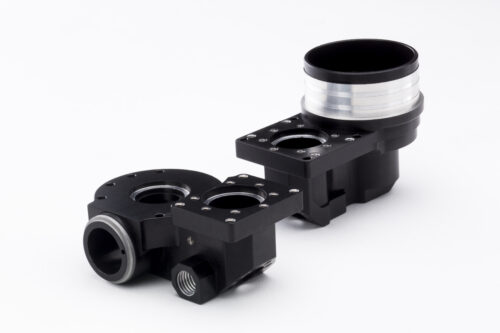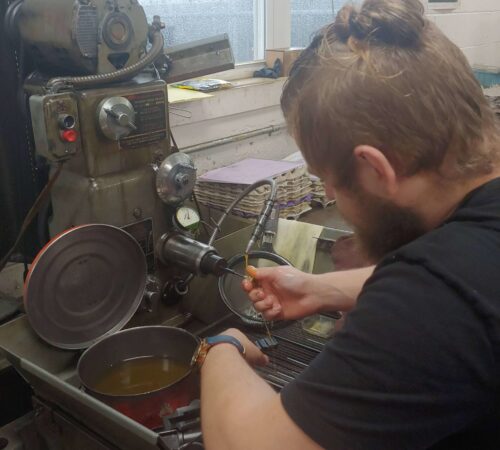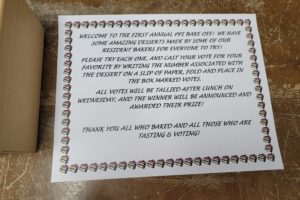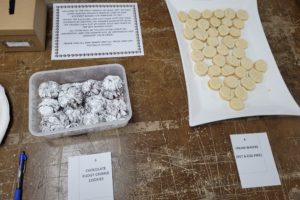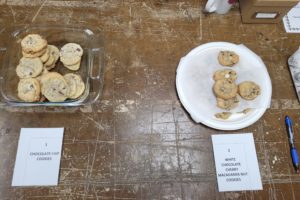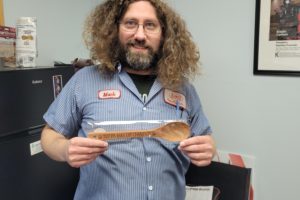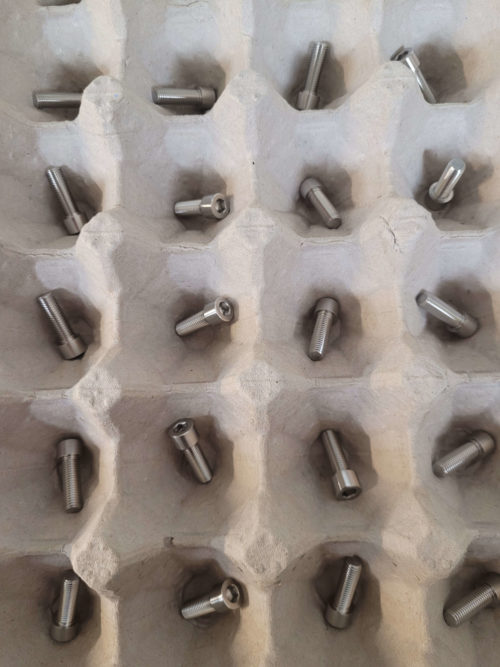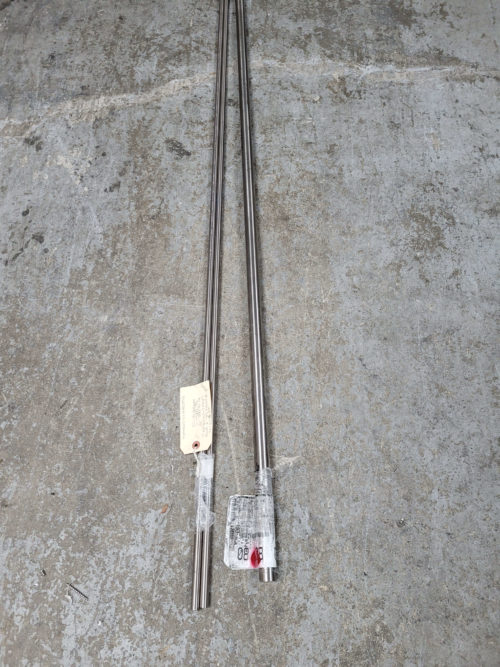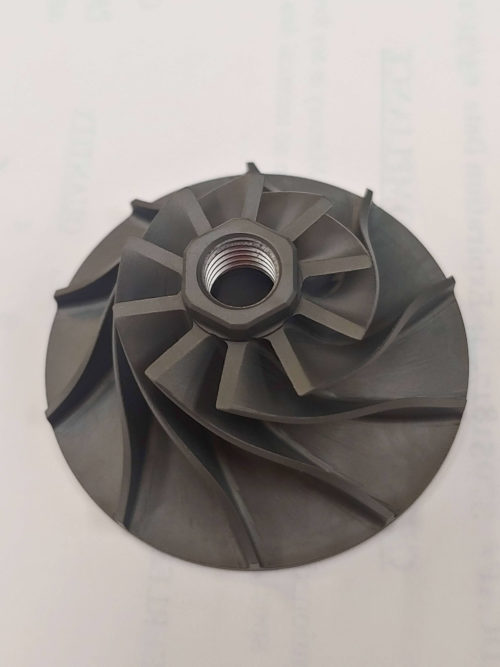A One-Stop Shop for Prototypes and Low-Volume Production
Leave a CommentHas a job shop ever turned down your order because you only needed 10 parts—not 10,000?
You’re not alone.
Our team talks with many prospective customers at networking events and trade shows. One point of frustration that comes up over and over again is that businesses struggle to find a manufacturing partner to take on orders of five, 10, or 25 parts because most shops only want high-volume work.
We assure these prospective customers that Peerless Precision will never no-quote small-quantity jobs. In fact, prototyping and low-volume production are our specialties, and we’ve excelled at these projects for years.
When our prototype machine shop works on a small order, we can build a partnership with the customer and learn the best way to support their overall manufacturing needs—a winning situation for everyone involved.
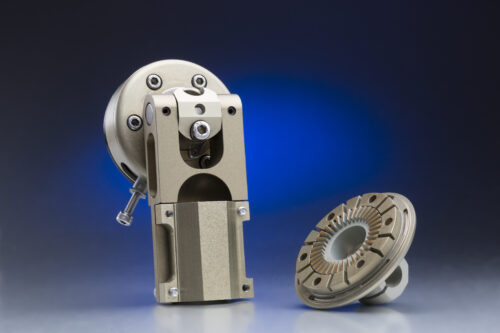
3 Reasons to Work with Peerless Precision for Prototyping and Low-Volume Production
Our prototype machine shop has the passion and expertise to take your project from prototype to low-volume production. Here are some of the advantages of working with our team:
1. Quality and efficiency
Prototyping is a challenge our shop enjoys. We know the first version will never be the last. This intimate, repetitive process allows our team to work with a customer through several iterations to create the highest-quality part.
When it’s time to move from prototype to low-volume production, the transition is seamless and efficient because we’ve already solved the design challenges and know the part well.
2. Flexibility and speed
Low-volume production keeps Peerless Precision team members on their toes. Taking on small-quantity orders one after the other creates agility and flexibility, improving our ability to meet customer requirements and delivery schedules.
Since a single part doesn’t tie up our machines for six months, we can easily find a spot in the schedule to fit in the next job.
3. Intellectual property protection
Prototyping requires access to a customer’s intellectual property (IP). Protecting this sensitive information is a responsibility our AS9100 and ISO-certified machine shop doesn’t take lightly. We adhere to high standards to secure your IP.
For instance, we only allow authorized team members to see your prototype information. If an employee isn’t directly involved with your project, they don’t get access to the prints.
Your One-Stop Prototype Machine Shop
Some customers want to get prototypes and low-volume parts the fastest and cheapest way possible. Unfortunately, rushing the process often means bypassing critical steps, which can result in low-quality parts. Remember: it’s almost always more expensive to rework parts than to get them right the first time.
If you want top-quality prototypes optimized for manufacturing, work with a prototype machine shop like Peerless Precision. With decades of experience specializing in prototypes and low-volume production, we’ve developed strong problem-solving and critical-thinking skills that enable us to provide optimal value to our customers.
There’s very little we can’t do—and in the rare event that we don’t feel confident about a project, we’ll be honest with you about it up front.
Request a quote today!

